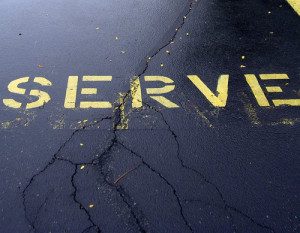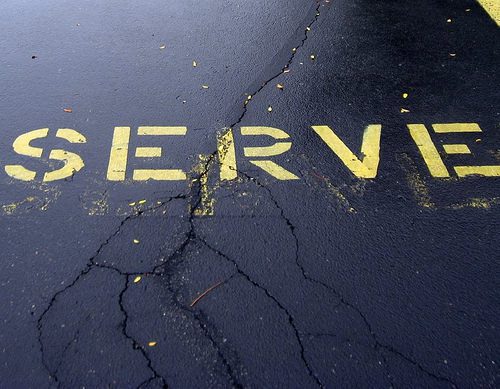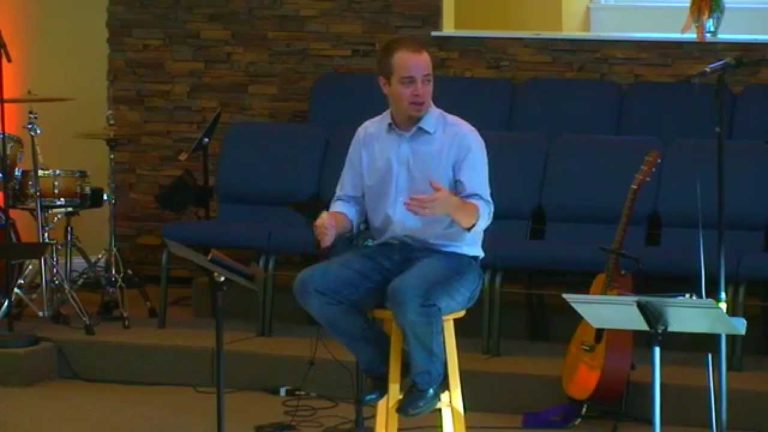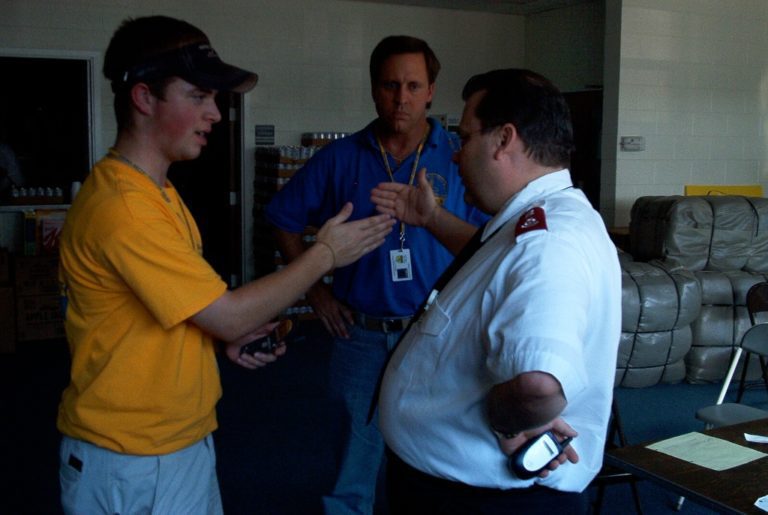
The Oath for Compassionate Service
Never do for the poor what they have (or could have) the capacity to do for themselves.
Limit one-way giving to emergency situations.
Strive to empower the poor through employment, lending, and investing, using grants sparingly to reinforce achievements.
Subordinate self-interests to the needs of those being served.
Listen closely to those you seek to help, especially to what is not being said — unspoken feelings may contain essential clues to effective service.
Above all, do no harm.
Over the next few days, I will be sharing some insights from a powerful book I read a few weeks ago. It is so rich, I have already read it through three times. Once to read and dog-ear pages; once to underline; and once to make notes. Toxic Charity is Bob Lupton’s well-known book with stories assembled from decades of experience in with and figuring out community development in Atlanta.
Learning from someone who has endured the speed bumps, hurdles and cliff dives is a great way to learn. His experiences have pointed me in a clear direction. It’s time for all of us to embark on the journey toward richer service, generous giving and justice and mercy.
Part 2: how the oath changes what we think about some of our favorite giving programs. Catch up with the rest of the Toxic Charity Series.




